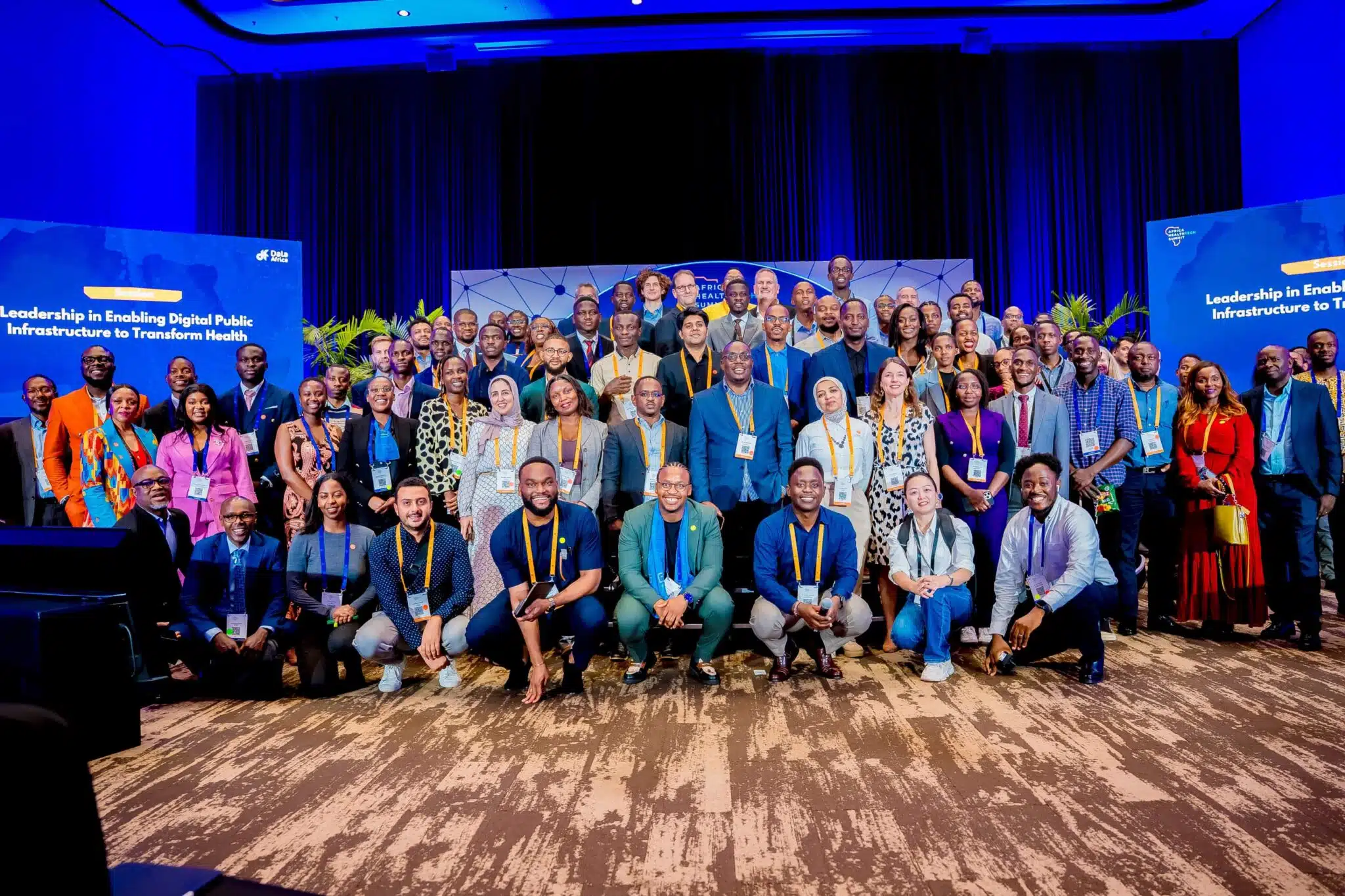Uganda is positioning itself as East Africa’s next major innovation hub, and the upcoming Uganda Investor Summit (UIS) 2025 serves as both a declaration of intent and a strategic play for regional tech dominance.
Scheduled for June 19-20 at Kampala’s Kololo Independence Grounds, the second edition of this flagship event— convened by the Government of Uganda, through the Science, Technology and Innovation (STI) Secretariat – Office of the President in collaboration with Greenhouse Capital—reflects broader shifts in Africa’s technology landscape that deserve closer examination.
The Summit’s theme, “Made in Uganda: Innovation to Market,” reveals Uganda’s pragmatic approach to technology development. Unlike the often Silicon Valley-inspired rhetoric that dominates African tech discourse, Uganda appears focused on sectors with immediate economic impact: mobility solutions, digital biotech, aerospace, and import substitution technologies. This strategic focus suggests lessons learned from other African markets where broad-based tech enthusiasm hasn’t always translated into sustainable economic growth.

The government’s commitment runs deeper than event organising. Uganda’s introduction of a 10-year tax exemption for innovative companies represents one of the continent’s most aggressive tech incentive packages. When combined with infrastructure investments and regulatory reforms, it signals a coordinated effort to create an environment where technology companies can actually scale, rather than merely launch.
The East African context: A trillion-dollar opportunity
The Summit’s timing coincides with East Africa’s emergence as an economic powerhouse. According to recent IMF projections, the region is approaching $1 trillion in GDP, with Uganda tracking as the fourth-largest economy. This positioning is crucial for understanding the Summit’s broader significance.
While Kenya has long dominated East African tech headlines with its fintech innovations and Nigeria commands attention as Africa’s largest economy, Uganda’s 6.3% average growth rate over three decades suggests a different kind of opportunity. The country offers investors the appeal of a rapidly growing market without the intense competition and inflated valuations that characterise more established tech hubs.
Uganda’s approach to innovation differs markedly from the software-first strategies that have characterised much of African tech development. The Summit’s emphasis on “Industry 4.0+” and aerospace technologies suggests a focus on hardware and manufacturing that could prove more sustainable than purely digital solutions.

This hardware focus aligns with Uganda’s broader economic strategy. The country has invested heavily in energy infrastructure, including the 600MW Karuma Dam and ongoing oil development projects. Unlike many African nations that struggle with basic infrastructure while trying to build digital economies, Uganda appears to be developing both simultaneously.
The Summit’s target of attracting over 100 international and local investors places it in direct competition with established events like Nigeria’s tech conferences and South Africa’s investment summits. However, Uganda’s positioning as a “frontier market” rather than an established tech hub could prove advantageous.

Victoria Fakiya – Senior Writer
Techpoint Digest
Stop struggling to find your tech career path
Discover in-demand tech skills and build a standout portfolio in this FREE 5-day email course
Frontier markets often offer higher returns for investors willing to accept additional risk. Uganda’s relatively stable political environment, compared to some regional neighbours, combined with its growing economy, creates an attractive proposition for investors seeking exposure to African growth without the volatility of larger markets.
The Sector Focus: Strategic or Scattered?
UIS 2025’s sector focus raises important questions about Uganda’s innovation strategy. The emphasis on mobility, digital biotech, and aerospace represents ambitious goals for a country still building its fundamental tech infrastructure. However, this ambitious scope could reflect a realistic assessment of global trends rather than unrealistic expectations.
The aerospace focus, in particular, suggests Uganda recognises the growing importance of satellite technology and drone applications in African development. With agriculture representing a significant portion of Uganda’s economy, aerospace technologies could offer practical solutions for crop monitoring, weather prediction, and rural connectivity.
While the Summit promises “curated startup showcases” and “investor-ready opportunities,” Uganda’s startup ecosystem remains relatively nascent compared to established hubs like Lagos, Nairobi, or Cape Town. The country’s tech sector is still primarily characterised by small-scale solutions and limited access to venture capital.
However, this could work in Uganda’s favour. The lower competition for talent and resources, combined with government support, might allow startups to develop more sustainable business models than those in hyper-competitive markets where rapid scaling often takes precedence over profitability.
Beyond the Summit and a broader African narrative
The true test of UIS 2025’s success won’t be attendance numbers or deal announcements but the long-term development of Uganda’s innovation ecosystem. The Summit represents a significant investment in positioning Uganda as a serious player in African tech, but sustaining this momentum will require continued policy support and infrastructure development.

The event’s integration with National Science Week, which attracts over 300,000 participants, suggests an understanding that innovation requires broad-based support, not just investor attention. This community-focused approach could prove more sustainable than the purely investor-driven events that characterise many African tech conferences.
Uganda’s tech ambitions reflect broader trends across Africa, where governments are increasingly recognising technology as a path to economic diversification and growth. However, Uganda’s approach – focusing on manufacturing, hardware, and practical applications rather than purely digital solutions – could offer a more sustainable model for African innovation.
The Summit’s emphasis on “cross-border partnerships” also reflects the growing recognition that African tech development requires regional cooperation rather than national competition. As Africa moves toward greater economic integration, Uganda’s positioning as a bridge between East and Central Africa could prove strategically valuable.
The Uganda Investor Summit 2025 represents more than a single event; it’s a signal of changing dynamics in African innovation. Whether Uganda can translate this ambition into lasting economic transformation remains to be seen, but the strategic thinking behind the Summit suggests a more mature approach to technology development than has characterised much of African tech’s first wave.
For investors and industry observers, Uganda’s tech push offers both opportunity and insight into the next phase of African innovation—one that may prove more sustainable and impactful than the digital-first strategies that have dominated the continent’s tech narrative to date.










